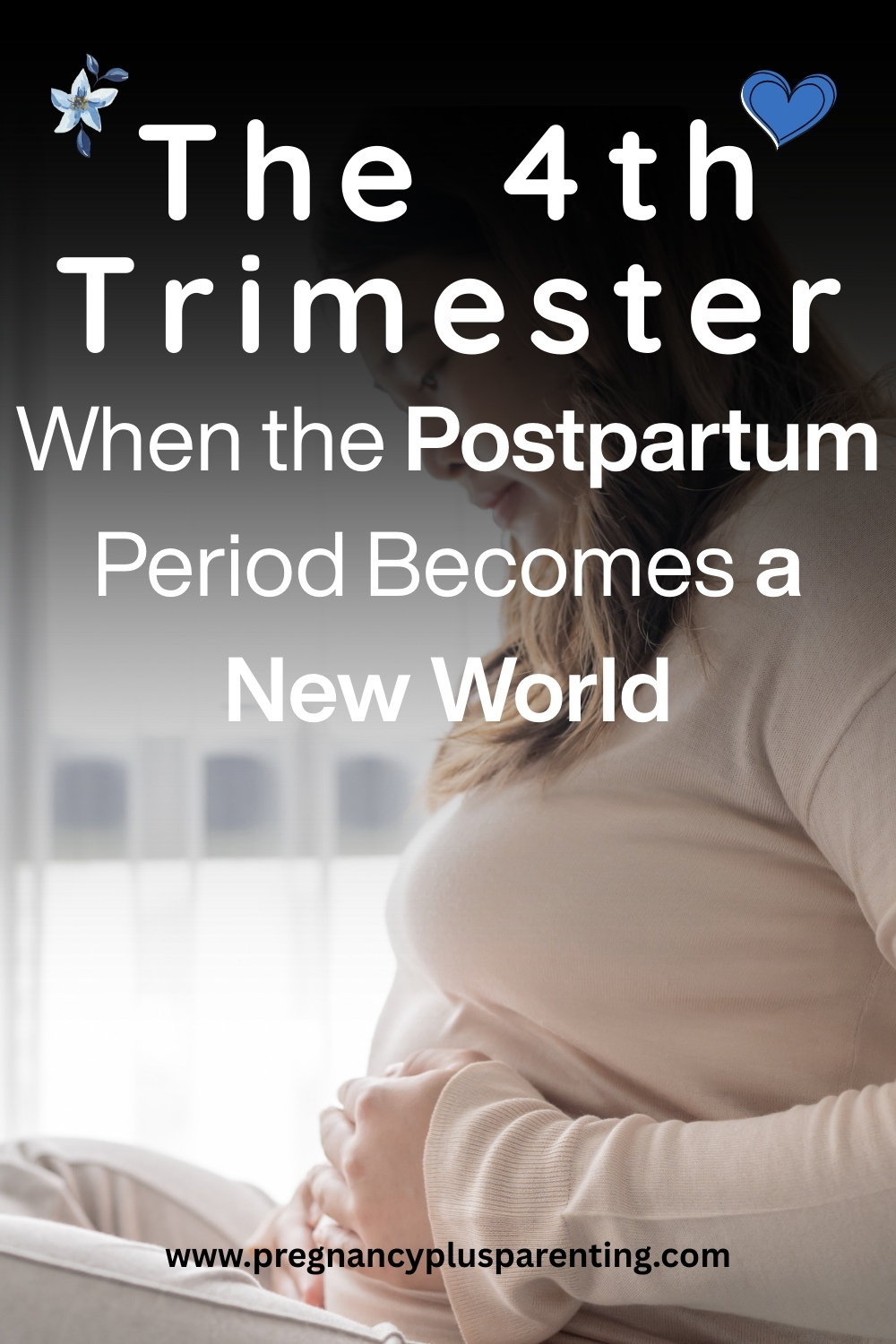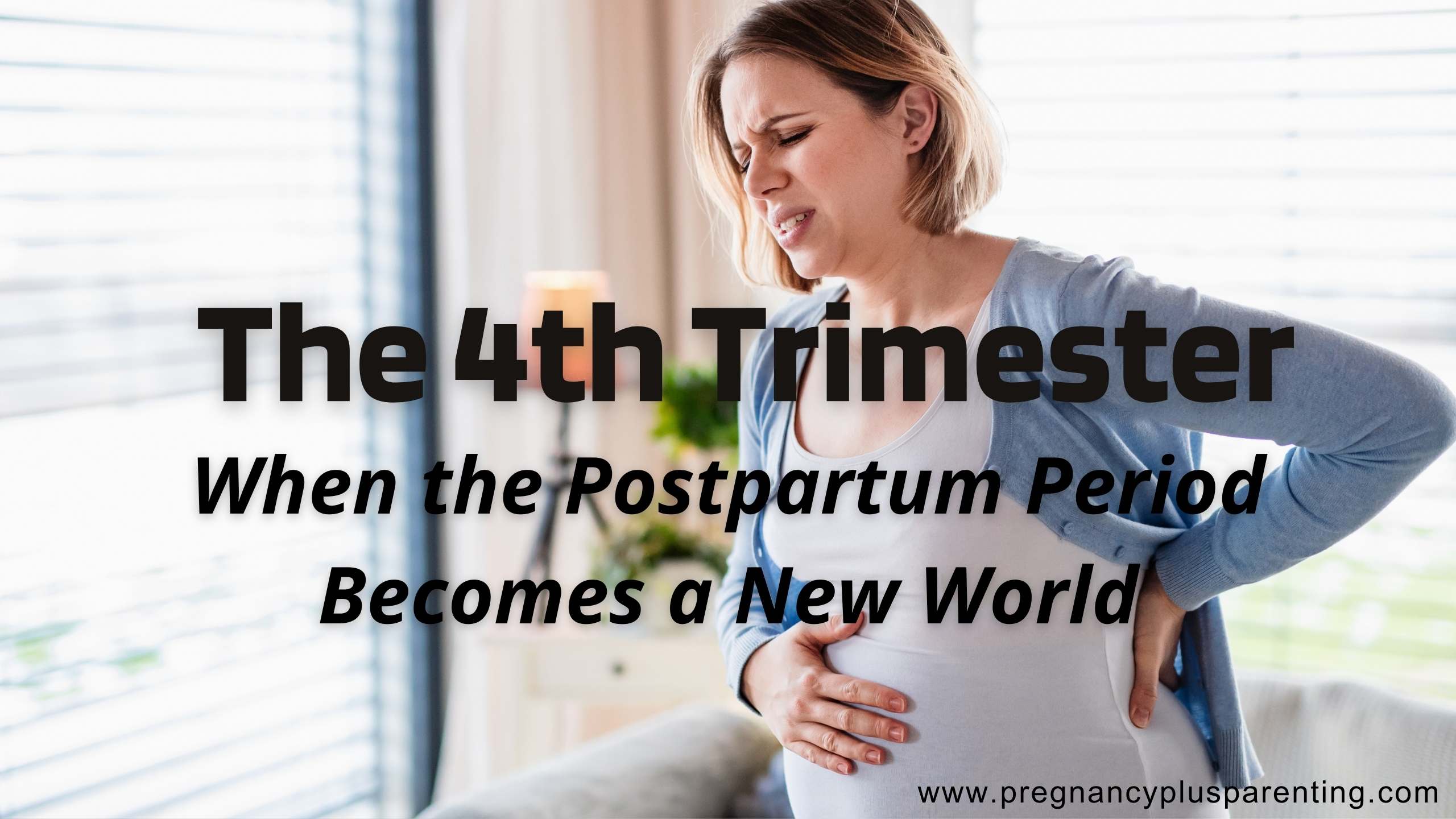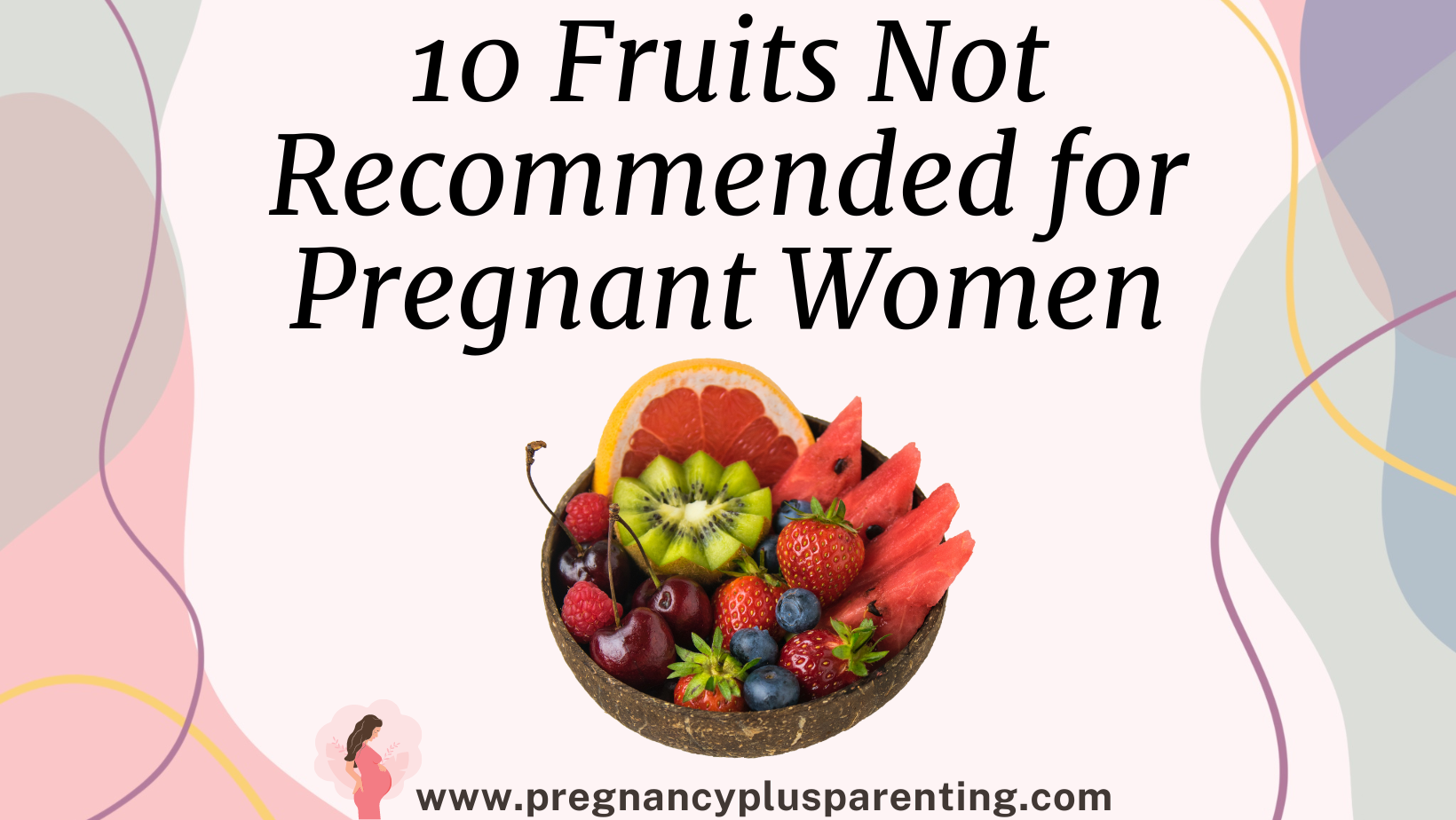The 4th Trimester – When the Postpartum Period Becomes a New World
Introduction: What Is the 4th Trimester?
The 4th trimester isn’t an official medical term, but it’s a phrase that resonates deeply with new mothers. It refers to the first three months after childbirth—a time when both mother and baby adjust to an entirely new reality. Far from being a “recovery break,” this stage is often intense, raw, and transformative. It’s when you realize that birth was just the beginning.
Why the Term “4th Trimester” Matters
Pregnancy is neatly divided into three trimesters. But once the baby is born, many people expect life to snap back into place. The 4th trimester challenges that idea by highlighting that postpartum is a critical, ongoing process of healing, bonding, and adapting. It acknowledges that both mother and child are still in transition.
The First Weeks After Birth: A Rollercoaster of Change
Imagine running a marathon, only to be handed a newborn at the finish line. That’s the 4th trimester in a nutshell. Physical exhaustion, hormonal chaos, sleepless nights, and new responsibilities collide. Mothers often describe the early weeks as a blur—time feels both endless and fleeting.
Physical Recovery for the Mother
Healing From Birth
Whether you had a vaginal birth or a cesarean, your body is healing. Stitches, soreness, and internal recovery take time. Many mothers underestimate how much physical rest they truly need.
Hormonal Shifts
Your hormone levels, which supported pregnancy, suddenly plummet after birth. This crash can cause mood swings, hot flashes, or night sweats.
Fatigue and Sleep Deprivation
The round-the-clock demands of a newborn make deep sleep nearly impossible. Sleep deprivation isn’t just tiring—it can impact mood, milk supply, and mental clarity.
Emotional Adjustments
Baby Blues vs. Postpartum Depression
Around 70–80% of new mothers experience the “baby blues”—mood swings, tearfulness, and irritability. But when sadness lingers or deepens, it may be postpartum depression, which requires care and support.
The Vulnerability of New Motherhood
Motherhood strips away layers of control. Many women feel exposed and uncertain, questioning whether they’re “good enough.”
Shifts in Identity
Becoming a parent isn’t just about caring for a baby—it reshapes your sense of self. Balancing your new identity with who you were before can be both exciting and unsettling.
Bonding With Your Baby
Skin-to-Skin Contact
This simple act regulates your baby’s breathing, temperature, and heartbeat while strengthening your connection.
Feeding and Nurturing
Whether breastfeeding or formula-feeding, feeding is more than nutrition—it’s bonding time. Eye contact, touch, and closeness build trust.
Learning Your Baby’s Cues
Crying, squirming, and facial expressions are your newborn’s language. Over time, you’ll learn to decode what your baby needs.
The Baby’s Transition to the World
Adjusting From Womb to World
Babies spend nine months in a warm, dark, and secure environment. The outside world is noisy, bright, and overwhelming. No wonder they crave constant closeness.
Why Babies Cry So Much
Crying is their only communication tool. It doesn’t always signal distress—it’s how they call for comfort, warmth, or reassurance.
The Importance of Closeness
Carrying your baby, responding quickly, and creating a womb-like environment (soft sounds, swaddling, dim light) eases their transition.
The Role of the Partner
Supporting the Mother Emotionally
A listening ear, words of reassurance, and practical help can lighten the load enormously.
Sharing Responsibilities
Changing diapers, doing household chores, and caring for older children makes a big difference.
Bonding With the Baby
Partners who actively cuddle, talk, and play with their baby strengthen their bond and give mothers a chance to rest.
Breastfeeding and Feeding Choices
Challenges and Expectations
Breastfeeding can be harder than many expect. Pain, latching issues, or low milk supply can cause frustration and guilt.
Support Systems That Matter
Lactation consultants, midwives, and peer groups provide guidance and reassurance.
Feeding as a Bonding Experience
Whether breast or bottle, feeding moments create intimacy and security for both parent and child.
The Invisible Mental Load of New Mothers
Even when “nothing” is happening, mothers juggle an invisible list: Is the baby hungry? When was the last diaper change? Did I eat? This constant mental management is exhausting and often underappreciated.
Building a Postpartum Support System
No one is meant to do this alone. Lean on family, friends, or professionals. Asking for help isn’t weakness—it’s survival. Postpartum doulas, community nurses, and peer groups can provide invaluable support.
Self-Care in the 4th Trimester
The Necessity of Rest
Even a 20-minute nap can recharge your body and mind.
Small Rituals of Self-Kindness
A shower, a warm cup of tea, or journaling can restore a sense of self.
Managing Expectations
Forget “bouncing back.” The goal is not perfection—it’s survival and gradual adaptation.
Cultural Perspectives on the 4th Trimester
In many cultures, new mothers are cared for in special ways—like la cuarentena in Latin America or zuo yuezi in China, where rest and nourishment are prioritized. Western cultures often expect mothers to be independent too quickly. Learning from global traditions can help mothers honor their recovery.
When to Seek Professional Help
If sadness, anxiety, or intrusive thoughts overwhelm you, seek professional care. Physical complications like heavy bleeding, fever, or severe pain should also be taken seriously. Trust your instincts—if something feels wrong, reach out.
Conclusion: Embracing the New World
The 4th trimester is raw, beautiful, exhausting, and transformative. It’s not just about surviving—it’s about slowly discovering a new rhythm with your baby while allowing yourself grace in the process. By recognizing this stage as a vital part of motherhood, we can shift the focus from “bouncing back” to truly embracing the new world you’ve entered.
FAQs
1. How long does the 4th trimester last?
It typically refers to the first three months after birth, though every family’s adjustment period is unique.
2. Is it normal to feel overwhelmed after having a baby?
Yes. Emotional ups and downs are common. If they become overwhelming or persistent, seek support.
3. How can partners best support during the 4th trimester?
By sharing responsibilities, offering emotional support, and bonding with the baby.
4. What are signs of postpartum depression?
Persistent sadness, loss of interest, difficulty bonding with the baby, and feelings of hopelessness.
5. Do all cultures recognize the 4th trimester?
Not by name, but many cultures have traditions focused on mother care and recovery during the early postpartum months.







